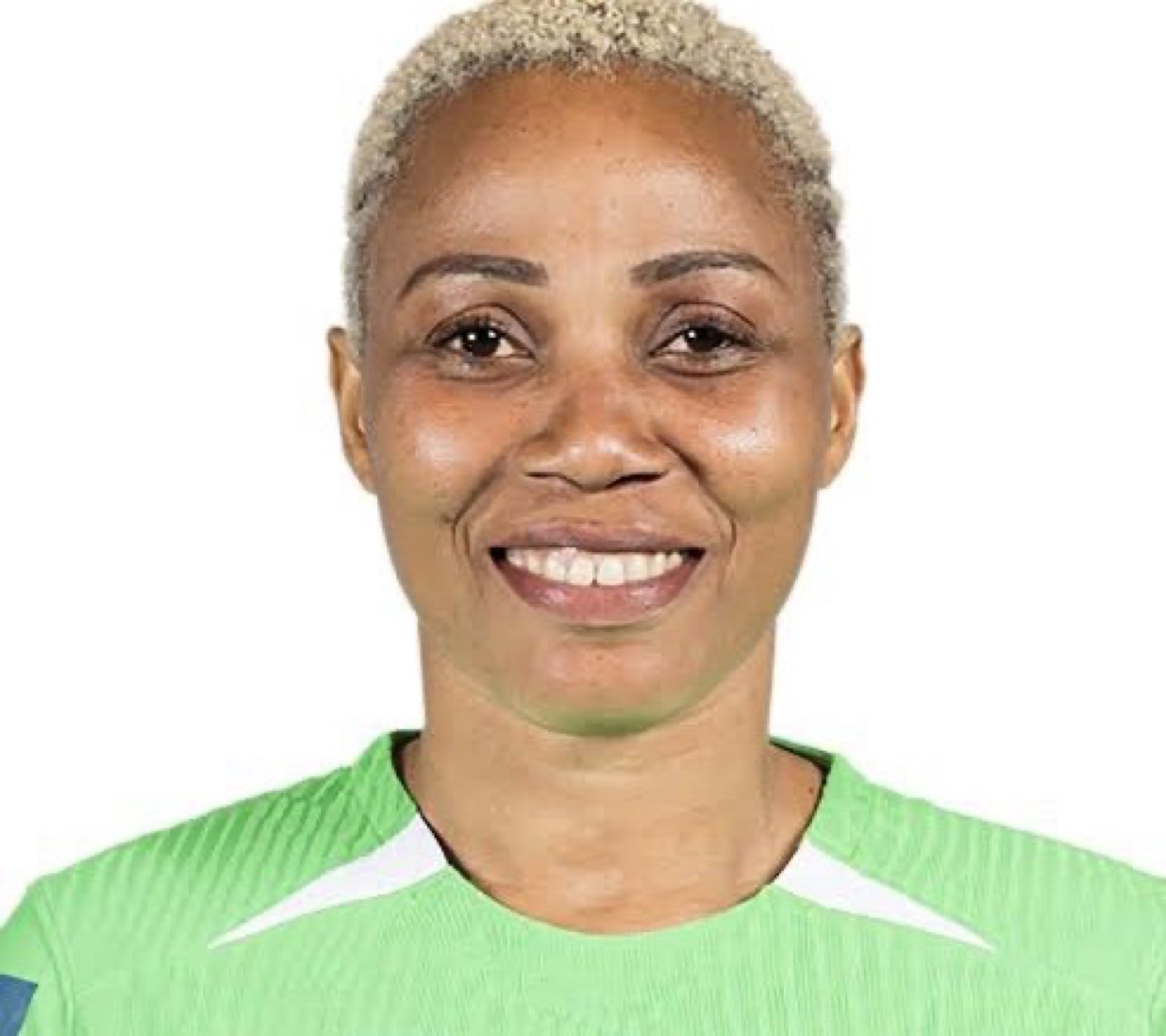
“Where Did We Lose Our Humanity?” – Nigerian Man Sparks Debate Over Children Sending Elderly Parents to Care Homes

In a society where the family unit has always been considered sacred, a Nigerian man, Sad Irogbum Godspower Worlu, has stirred deep emotions and sparked conversations with his heartfelt reflections on what he perceives as a growing loss of family values and responsibility. His thoughts, shared online, paint a somber picture of a culture drifting away from its traditional roots of filial duty and unconditional care for parents in old age. The post, which has since gained traction, touches on one of the most sensitive issues confronting modern families: the decision by some children to place their aging parents in care homes.
Worlu began his reflection with a simple yet piercing observation after encountering images of a Home for the Elderly. He questioned how it is possible that parents who endure the rigors of pregnancy, childbirth, and decades of nurturing their children can one day find themselves handed over to strangers for care in the twilight of their lives. In his words, the thought was not only heartbreaking but raised existential questions about the true reward of parenthood and the erosion of family bonds that once defined Nigerian communities. His lament, “Where did we lose our sense of family and responsibility?” echoes louder than mere sentiment; it is a painful indictment of a society grappling with modern pressures that threaten its traditional ethos.
For generations, Nigerian culture has been anchored on the concept of family as the nucleus of life. Parents were revered, and children were considered their lifelong caretakers, not just emotionally but physically and financially. The elderly were never seen as burdens; rather, they were respected as pillars of wisdom, memory, and continuity. A grandmother’s presence was seen as a blessing to grandchildren, a father’s old age an opportunity for children to give back with gratitude. But Worlu’s words reflect the undeniable reality that times have changed. In many urban centers, images of elderly homes are no longer alien. What used to be a Western practice now has a growing footprint on Nigerian soil, creating moral debates about whether modernization has come at the expense of human compassion.
His reflections, simple yet profound, forced readers to pause and think. Pregnancy, he pointed out, is not just a biological process but a labor of love. For nine months, a mother endures pain, discomfort, and sacrifice. After birth, the sacrifices multiply—sleepless nights rocking a crying baby, days of hard work to provide education, meals, and shelter, years of prayers whispered in quiet desperation for the child’s success. These parents, often weathering storms of poverty and hardship, still press on to ensure their children have brighter futures. And yet, when old age sets in, when the hands that once held a baby steady begin to tremble, when the voice that once sang lullabies quivers with weakness, some children choose to place those very parents in facilities run by strangers. Worlu’s haunting question hangs in the air: is this truly the reward of parenthood?
The post touched nerves because it mirrors a tension many Nigerian families quietly grapple with. Modern life has grown busier and harsher. Children who once grew up in the same village as their parents now relocate to cities, countries, and continents far away. The demands of career, financial struggles, and raising their own nuclear families sometimes clash with the responsibility of caring for aging parents. While some argue that elderly homes provide professional medical care and a supportive environment, others view it as abandonment masked as convenience. In a culture where “taking care of one’s parents” was almost synonymous with personal honor, this new reality feels jarring.
Worlu’s tone was not one of condemnation but one of sadness. He admitted the thought alone brought tears to his eyes. To him, the situation represents a disconnection from something sacred. He acknowledged that times have changed, but his appeal was a gentle reminder that old age is a stage of life every human being hopes to reach. Treating parents with love and dignity, he argued, is not just a moral duty but a seed we sow for ourselves. Someday, the roles will reverse, and today’s children will become tomorrow’s elderly. How we treat our parents, he implied, is a mirror of how we may be treated in the future.
The post resonated widely because it speaks to a fear many elderly people quietly harbor: the fear of loneliness. In a country where community has always been cherished, loneliness in old age feels like the ultimate betrayal. Parents do not only desire financial support but presence, warmth, and companionship. A visit from a child, a shared meal, a word of appreciation—these are priceless currencies of love that cannot be replaced by any care home, no matter how well-staffed.
Some responses to Worlu’s reflection defended the idea of elderly homes, arguing that in certain situations, they might be necessary. For example, when parents require specialized medical attention that children are unequipped to provide, care homes can bridge the gap. Others, however, stood firmly with Worlu, insisting that no excuse justifies outsourcing love and responsibility. For them, even in hardship, parents deserve to be surrounded by family, not strangers.
Beyond the emotional debate lies a deeper societal question: what kind of values will the next generation inherit? If the family unit becomes increasingly transactional, will love and responsibility survive the test of time? Will tomorrow’s children, watching how their parents treated their grandparents, repeat the cycle or break it? Worlu’s reflection is thus more than just personal sadness—it is a call to introspection for a society standing at a crossroads.
His words also carry a prophetic tone. He reminded readers that old age is not an affliction but a destination everyone hopes to reach. The frailty of the elderly is a glimpse into our collective future. To neglect them is to forget that we too will one day rely on the kindness of others. In his concluding note, Worlu said simply, “It is well.” A phrase often uttered in resignation, but in this context, it was more of a prayer. A prayer that despite changing times, humanity does not lose its heart completely.
The debate sparked by his post underscores a reality Nigerians cannot ignore. While modernization brings progress, it also demands careful navigation to preserve the values that give society its soul. Family, responsibility, and gratitude must not be casualties of modernity. The call is clear: to honor parents not only with words but with actions, to see their old age as an opportunity to repay love, not as an inconvenience to outsource.
In a world where so much is fleeting, Worlu’s words cut deep because they remind us of something eternal. Parents are not disposable. Family is not optional. Responsibility is not negotiable. And when asked, “Where did we lose our sense of family and responsibility?” perhaps the most urgent response is not to argue, but to begin rebuilding, one act of love at a time.

